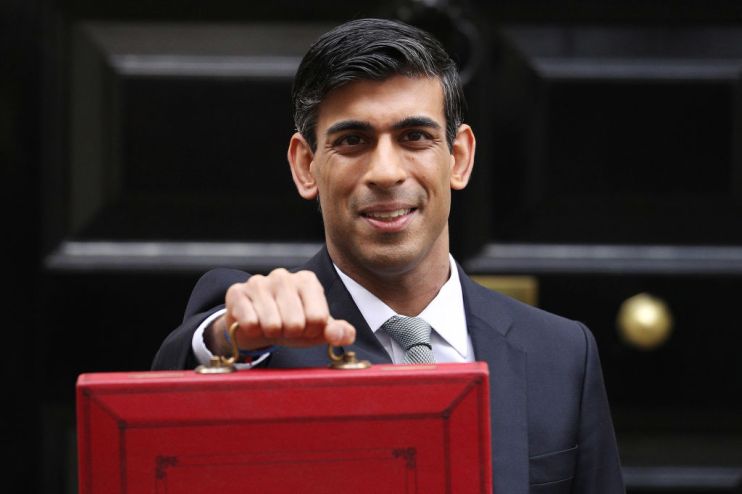An ethical dilemma: Penguin Random House made huge sales during the pandemic, but kept the furlough cash

A little over twelve months ago, Rishi Sunak pumped unprecedented amounts of money into the economy to help ensure businesses could make it through the pandemic – saving as many jobs as possible. Now, as we begin to take our first tentative steps out of the third national lockdown, businesses are under no illusion that the help received will need to be paid for one way or another. Whilst the primary focus for businesses lucky enough to have made it through the past year will be rebuilding, the Treasury will no doubt be planning how it can repay the billions it has borrowed in a fair and effective way.
When the furlough scheme was first introduced, businesses faced a huge uncertainty as to how the pandemic would affect their revenue. Employers who advantage of the scheme did so as it was better to be safe than sorry. However, as businesses start to post their results following their year end, it is quite clear that some have performed much better than expected despite the pandemic. Others, however, have fared worse and will no doubt require additional help moving forward.
Now arises the question of ethics and morality. If your business was not in fact hit by the pandemic like you feared and your revenues and headcount have remained relatively strong and steady throughout – should you not be repaying back the money? While it is true that companies are under no obligation to repay what they received, and continue to receive, through the government’s job retention scheme, they have been urged to do so if they can afford it. So, legally you may not be obliged to, but what about ethically? What is the reputational risk to your business if you are seen to have taken advantage of the pandemic in any way?
Last week, Penguin Random House UK announced that despite a surge in sales it would not be paying back the furlough money that it received. It stated that the money received was used to keep jobs. Even if true, surely Joe Public will see this as a greedy step. The surge in sales, would have also saved jobs, surely? Perhaps a bigger surprise came from Co-Op’s announcement last week which stated it would pay back the furlough money but not the business rates relief despite strong sales and managing to keep its doors open throughout the lockdowns. A cynical person may well see repaying the £15.5 million in furlough as a token gesture compared to the £66 million it secured in business rates relief – and this from a proudly ethical brand.
Will we see a reputational backlash? We only need to cast our minds back to last spring when Victoria Beckham was vilified for seeking furlough money for her 30 staff. She soon reversed her decision. Games Workshop was praised back in the summer for being one of the first companies to pay back millions that it received in furlough money as, despite its stores being closed, its online sales went through the roof. It was clear that the spirit of the scheme was to provide employers with a safety net to encourage them to save jobs.
Commercially each business will have its own considerations, based on cashflow and confidence. We expect HMRC to begin auditing employers to assess whether any claims have been wrongfully or fraudulently made, which could lead to sanctions such as repayments and fines. From a reputational perspective, no one should want to be seen as making a quick buck from the pandemic – after all, are we not all in this together?